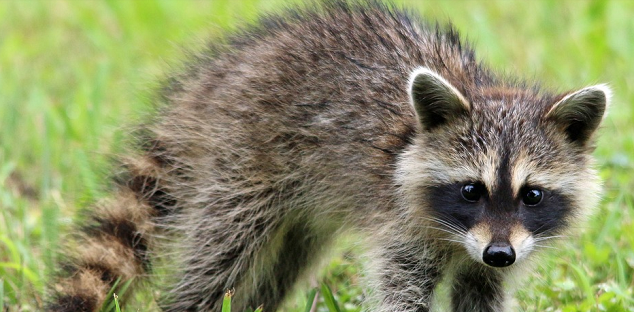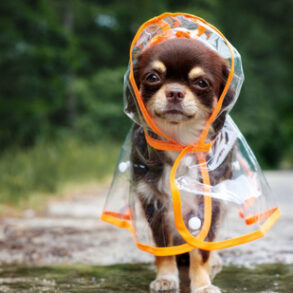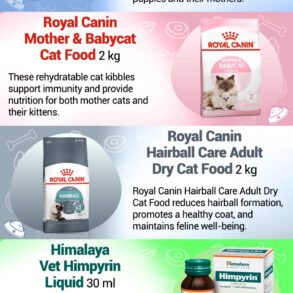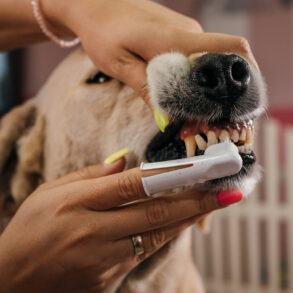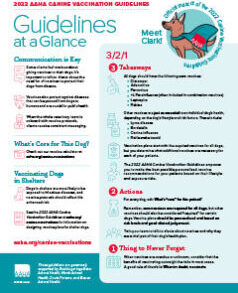The Durham Region Health Department is reminding you to avoid any contact with wildlife.
They say animals like bats, foxes, skunks and raccoons could have rabies, which can be transmitted to humans through bites, scratches or saliva.
The warning comes with Rabies Awareness Month kicking off May 1.
Health officials say although rabies is a preventable disease, it is almost always fatal for humans and most animals once they’re infected. Last year, six bats across the region tested positive for rabies.
Educators in schools and daycares play an important role in teaching children about wildlife safety and why they should stay away from them.
If a child finds a sick or injured animal, they should tell an adult. If the animal is found on school property, it should be safely confined and direct contact should be avoided. The health department should also be notified to determine if any people were potentially exposed.
When you visit outdoor spaces like conservation areas or local parks, you should not feed wildlife either to help prevent being bitten or scratched.
The health department has the following tips:
- Avoid contact with all wild animals, especially bats, foxes, skunks and raccoons.
- Keep children away from wild animals.
- Keep pets away from wild animals; pets should be kept indoors at night or should be supervised when outside.
- Avoid contact with dead or sick wildlife and do not attempt to care for these animals. Contact your local animal service and ask for assistance.
- If a potential exposure to humans occurs, contact the health department for assessment.
If your dog or cat becomes infected with rabies, it can also transmit the virus to you. You should make sure you take preventative measures to protect your animal from rabies.
“A key component of rabies prevention and control is responsible pet ownership, which includes maintaining up-to-date immunization against rabies for all dogs and cats over three-months old. This is required under Ontario Regulation 567/90 of the Health Protection and Promotion Act,” said Brenda Kwan, Manager, Health Protection with the Health Department. “Pet owners can protect their families and pets by ensuring all dogs and cats receive annual vaccination against rabies.”
Responsible pet ownership also includes the following:
- Keeping vaccinations up-to-date for all dogs, cats and ferrets.
- Keeping your pets under direct supervision and avoiding contact with wild animals.
- Calling your local animal control agency for instructions on having sick wildlife removed from your neighbourhood.
- Having your pets spayed or neutered to help reduce the number of unwanted pets that may not be properly cared for or regularly vaccinated.
- Reporting all animal-to-human bites and scratches to the health department.
You can click here to find dates or low-cost rabies vaccination clinics throughout the year.
To report bites or scratches to the health department, call 905-668-2020 or 1-800-841-2729. You can also fill out the online form by clicking here.
If you have found a spelling error, please, notify us by selecting that text and pressing Ctrl+Enter.
This post was originally published on this site be sure to check out more of their content.




